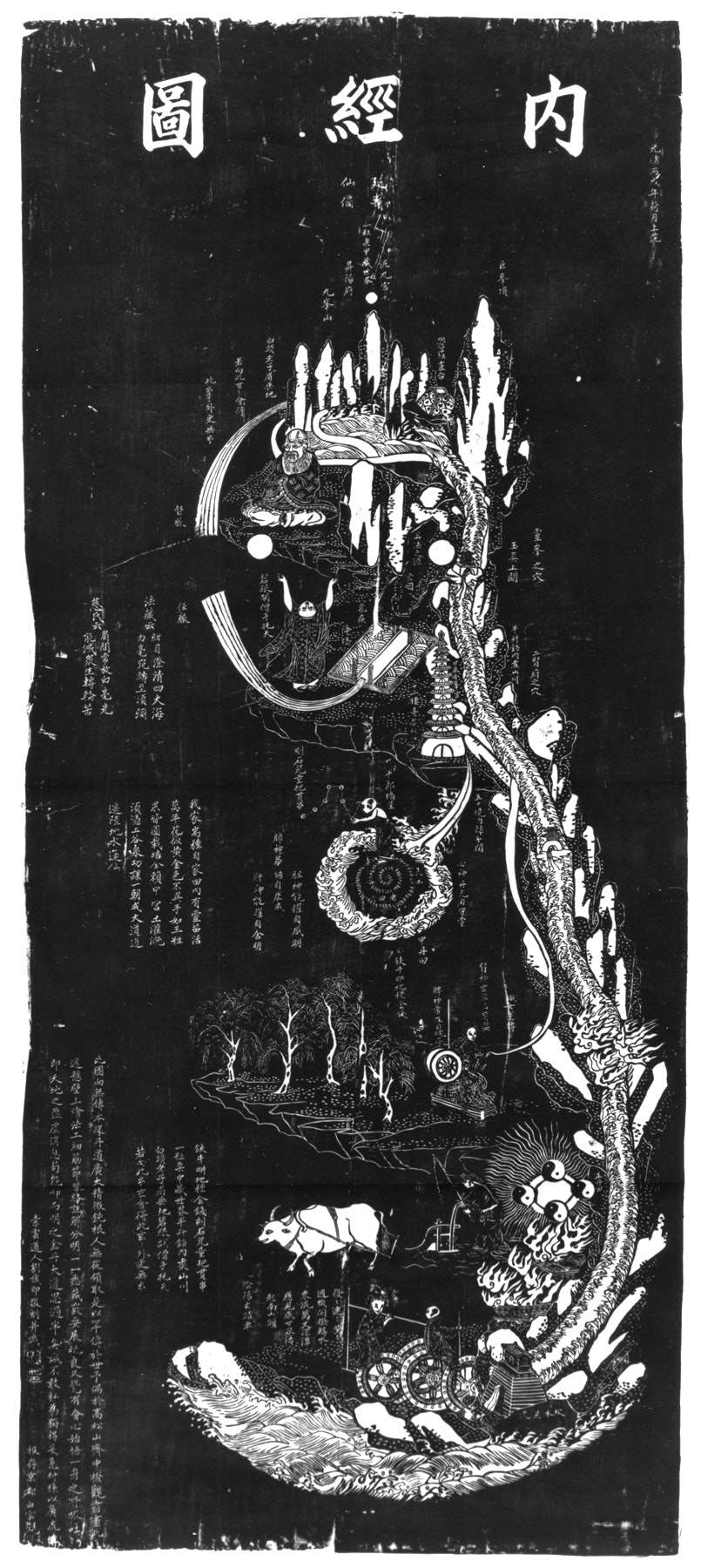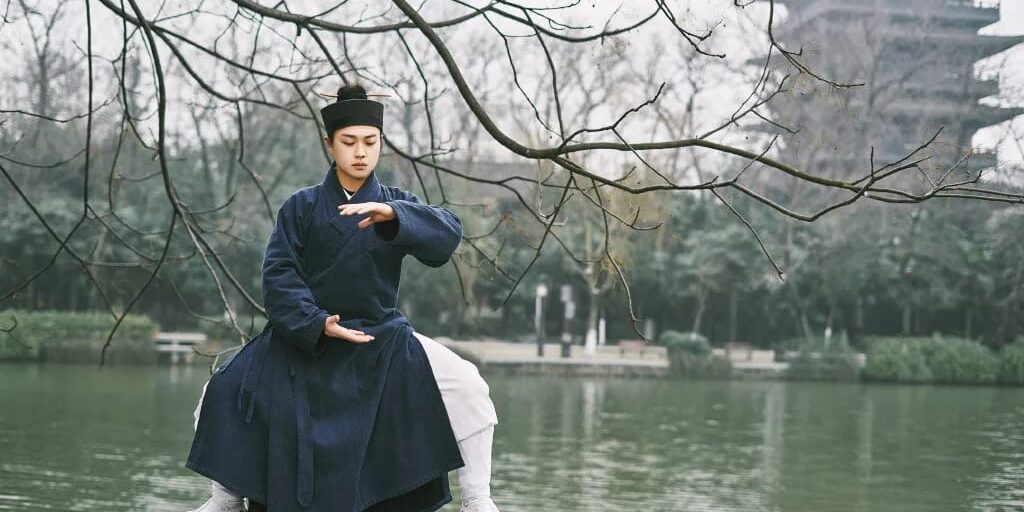What is Qigong?
Qigong is a system of traditional Chinese practices designed to enhance human potential in various aspects, including achieving optimal health and well-being, promoting longevity, and unlocking humans’ latent abilities.
Understanding the Term Qigong
The word Qigong 气功 (qìgōng) comprises two characters. The first, Qi 气 (qì), often translated as ‘vital energy’, denotes the essential flow of matter, energy, and information vital to human life. A deeper understanding reveals that Qi within the human body takes different forms: ‘Jing’ 精 (jīng), the liquid state; ‘Qi’ 气 (qì), the gaseous state; and ‘Shen’ 神 (shén), the luminous state. These states are categorized into innate and acquired forms. The second character, 功 (gōng), meaning ‘work’ or ‘mastery’, alludes to the specific techniques used to harness and manage Qi.
Practices and Techniques of Qigong
Qigong encompasses a broad spectrum of practices, including dynamic and static forms, which can be performed in various positions like standing, sitting, lying down, walking, and even running. These physical postures are paired with focused mental activities and specialized breathing techniques. The primary aim of these practices is to foster well-being, aid in healing, and enhance cognitive skills.
Benefits of Qigong
Practicing Qigong can lead to immediate benefits such as reduced stress, increased vitality, improved overall physical health, a stronger immune system, and the regulation of bodily systems like circulatory, lymphatic, respiratory, digestive, and reproductive systems.
Qigong for Mental Health and Spiritual Development
Regular Qigong practice allows individuals to master their mental states, clear negative emotions, boost resilience, and achieve relaxation. It also encourages the natural unfolding of the body’s, mind’s, and spirit’s inherent capabilities.
The Historical Evolution of Qigong
Today’s Qigong is a modern interpretation, rooted in mid-20th century adaptations, of ancient Chinese energy practices focused on health preservation and spiritual growth. These practices are deeply embedded in Taoism, Buddhism, Confucianism, Martial Arts, and Chinese Medicine. The term ‘Qigong’ was coined in 1948 and now refers to a myriad of methods and schools.
The Role of the Master in Qigong
Historically, Qigong practices were exclusive to Chinese society’s elite and were often shared in secrecy. In contemporary times, despite the wide availability of information on Qigong, engaging with an experienced master or qualified instructor remains crucial for achieving the full benefits of the practice.









